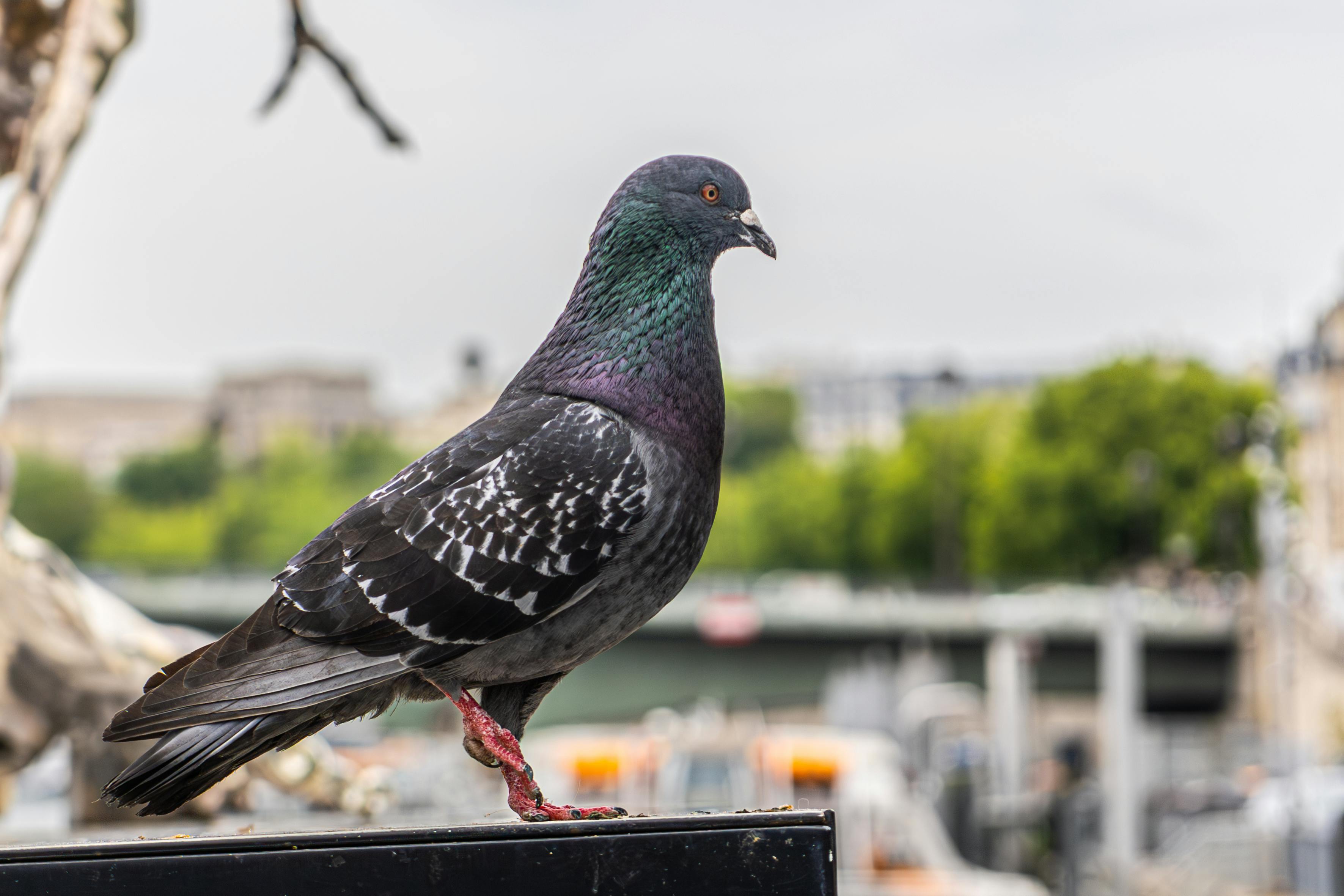**## A Closer Look at the World of Racing Pigeons: From Ancient Messengers to Competitive Athletes**
In a world where technology has drastically altered the way we communicate, one ancient method has not only persisted but also evolved into a fascinating sport. This method involves the use of pigeons, often deemed as mere city pests, which have been bred and trained for centuries to fly long distances at remarkable speeds.

Racing Pigeons: A Historical Overview
Racing pigeons, or homing pigeons, have a long and rich history. These birds, known for their exceptional navigational skills and speed, were used as messengers dating back to ancient times. Egyptians, Greeks, and Romans were among the first civilizations to harness the pigeon’s innate homing abilities for military and communication purposes.
In the 19th century, pigeon racing became a popular sport in Belgium, and it quickly spread across Europe and beyond. The sport involves releasing specially trained pigeons, often hundreds of miles from their home, and the first bird to return is the winner.
The Modern Sport of Pigeon Racing
In recent times, pigeon racing has gained popularity worldwide, with significant races held in countries such as China, Belgium, the United Kingdom, and South Africa. The sport has evolved into a highly competitive industry, with prize money for major races reaching millions of dollars.
Moreover, advancements in technology, such as GPS tracking and timing systems, have greatly improved the accuracy of measuring a pigeon’s speed and distance covered, thus adding a new dimension to the sport.
The Influence of Genetics and Training in Pigeon Racing
For racing pigeons, success is not only about speed. It is a combination of genetics, training, and care. Breeders spend years perfecting their flocks, selecting only the best birds for breeding to ensure the highest quality offspring. Training starts from a young age, with pigeons being gradually exposed to longer distances to develop their homing instincts and stamina.
The Market Impact of Racing Pigeons
As the sport becomes more popular, the demand for high-performing racing pigeons has surged. The estimated price range for these birds varies greatly, with ordinary racing pigeons priced around $100, while top-performing birds can fetch hundreds of thousands of dollars. In 2020, a Belgian racing pigeon named “New Kim” was sold for a record-breaking $1.9 million at auction, highlighting the lucrative nature of the industry.
Conservation Concerns and Ethical Considerations
While pigeon racing brings excitement and economic benefits, it also raises concerns about animal welfare and conservation. Critics argue that racing pigeons are exposed to harsh conditions and high risks, including predation, exhaustion, and loss of habitat. As the sport continues to grow, it is crucial to balance the pursuit of competition with ethical practices that prioritize the welfare and conservation of these remarkable birds.
In conclusion, racing pigeons offer an intriguing glimpse into a unique blend of history, sport, and animal prowess. As we delve deeper into their world, we can learn valuable lessons about animal behavior, genetics, and our responsibility towards the welfare of these winged athletes.






